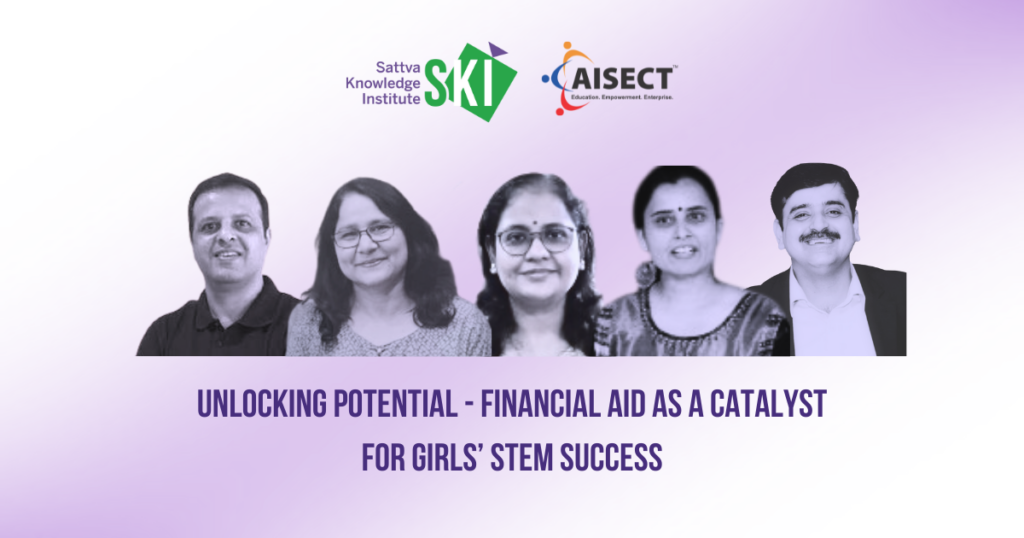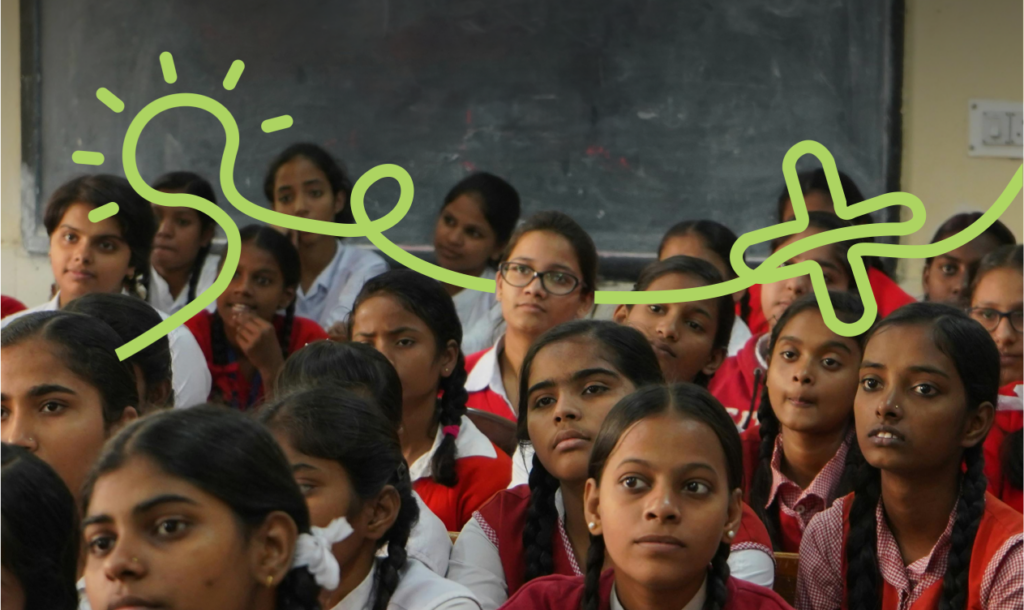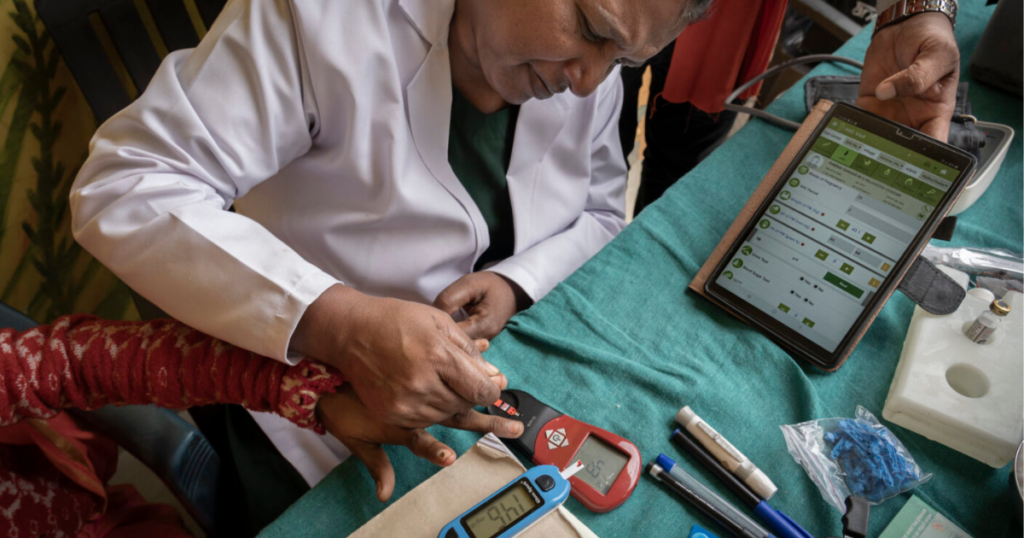As children progress through grades, the learning crisis intensifies – eventually leading to about 52% of children at Grade 5 not being able to read Grade 2 text. While the gaps in learning outcomes become more visible as learners move upward in grades, the problem starts early on. Moreover, it is not only literacy and numeracy that are lacking. Other indicators of development from domains such as physical and socio-emotional development also suffer, affecting the overall learning trajectory.
Among several factors that can improve this situation, assessments; specifically, school-readiness
assessments have the potential to identify this issue right in the beginning and provide scope for course corrections. Assessments play a critical role during the early years, especially when children are transitioning from preschool to primary school. They provide a sense of extent to which the child is developing holistically, presents an opportunity to rectify learning deficits if any, helps guide curriculum and enhance teacher capacity to suit the needs of the learners. Moreover, they promote parental involvement by informing parents about the child’s performance overtime across various areas of development. Along with parents, assessments also help policy makers and education officials make long-term decisions about children in the foundational stage.
While the significance of school-readiness assessments is well-established, a number of factors act as barriers to administering these assessments at scale. These include the ambiguity in the way the construct of ‘school-readiness’ is understood. This results in a bias towards measuring more concrete aspects like literacy and numeracy, as opposed to other aspects such as socio-emotional learning. Another challenge in the tool construction phase is designing instruments that are sensitive and account for children’s cultural contexts while capturing their performance. These problems are amplified in the intervention landscape where these tools have to cater to multigrade and multi-level learners in a classroom.
Eventually, poor funding for assessments and the compromised capacities of personnel involved in assessment administration affect the rigour and credibility of the results. All these factors are further intensified when the stakeholders using these assessments do not buy into the importance of these tools.
This perspective highlights key characteristics of effective school-readiness assessments, including comprehensiveness, longitudinal data capturing, multi-source data collection, integration with classroom processes, and evidence generation for immediate and long-term decisions. Additionally, it also provides solution pathways that can lead to creation of effective tools. The first of these focuses on creating comprehensive but easy-to-administer tools, and includes the work of Azim Premji University and Key Education Foundation on creating toolkits and assessment books. The other category includes solutions that not only focus on tool creation, but also enable stakeholder buy-in. These include the work of organisations like Makkala Jagriti where they work with actors such as anganwadi teacher, parents, school teachers and headmasters, supporting them in using assessments and activities for building school-readiness.
Strengthening such solutions need investment in long-term research that focuses on creating a uniform vocabulary for school-readiness, designing tools that can be used in classrooms with varied learners, and those that put spotlight on socio-emotional skills. Moreover, social capital is also needed in interventions that improve buy-in among different stakeholders.
Click on the Download PDF button to access the detailed perspective.
Authors: Sukhada Ghosalkar and Shruti Hinge
- Amrutha Murali, Senior Program Manager, Early Childhood Care & Education at Makkala Jagriti
- Aanchal Chomal, Head of Assessments, School of Continuing Education and University Resource Center at Azim Premji University
- Anjali Govindankutty, Program Lead at Key Education Foundation
- Kinnari Pandya, Associate Professor, School of Education, Azim Premji University
- Prachi Mittal, Senior Policy Research and MME Associate, Early Years at Pratham Education Foundation
- Samyukta Subramanian, Lead, Early Years at Pratham Education Foundation
- Sneha Suresh, Lead, Curriculum Development at Key Education Foundation
- Swetha Guhan, Co-Founder and Director at Key Education Foundation




